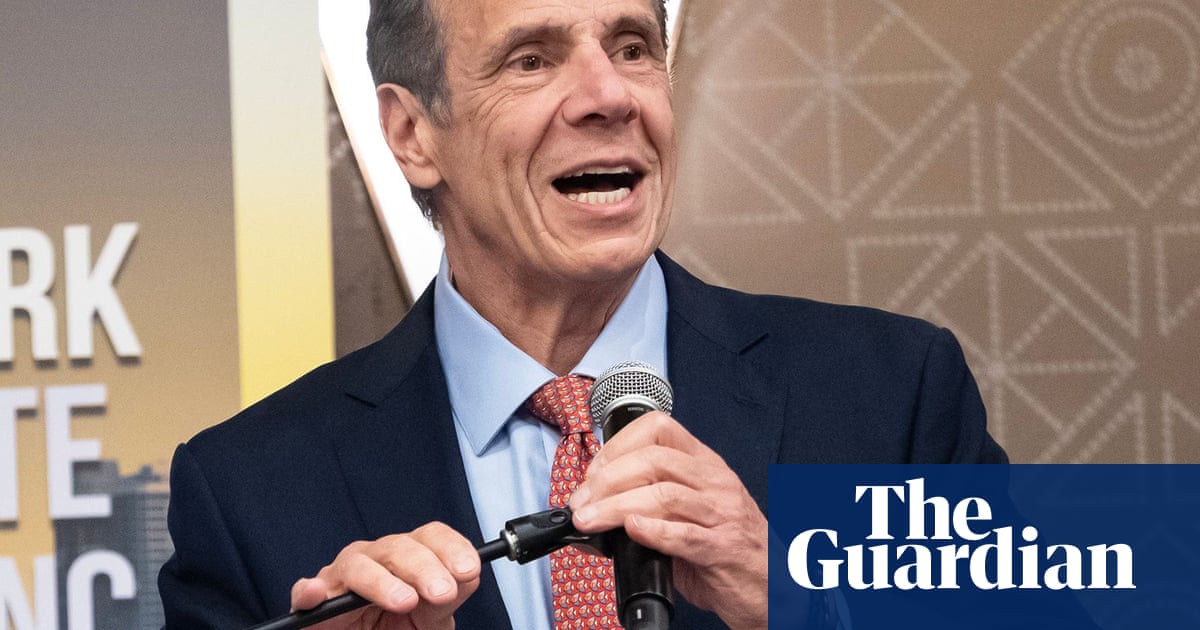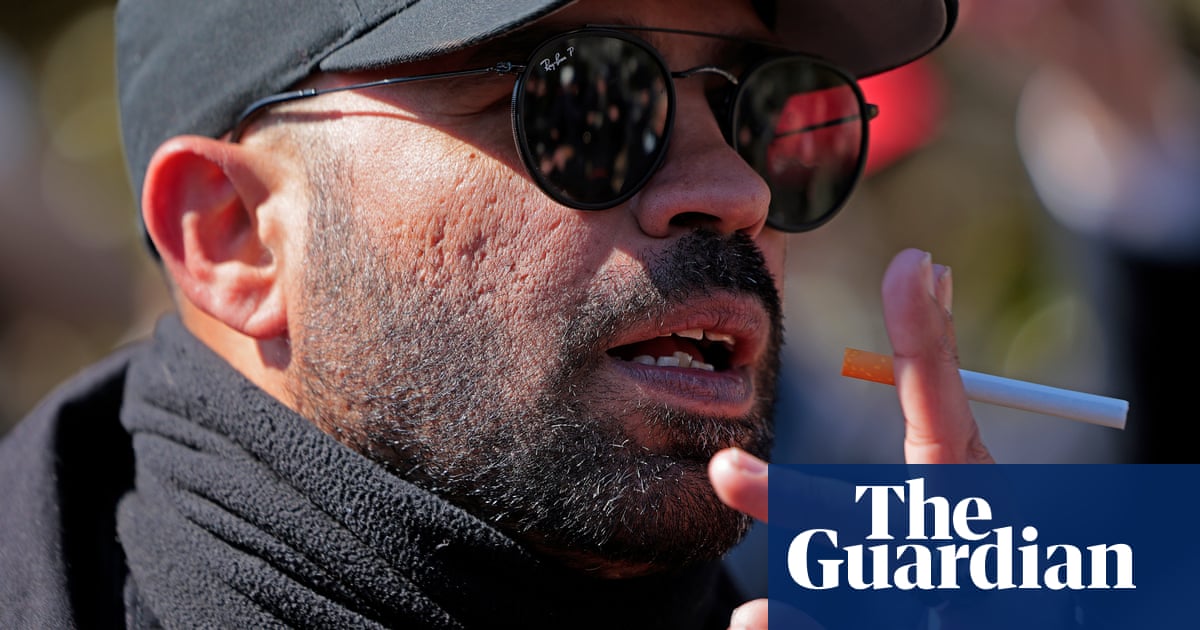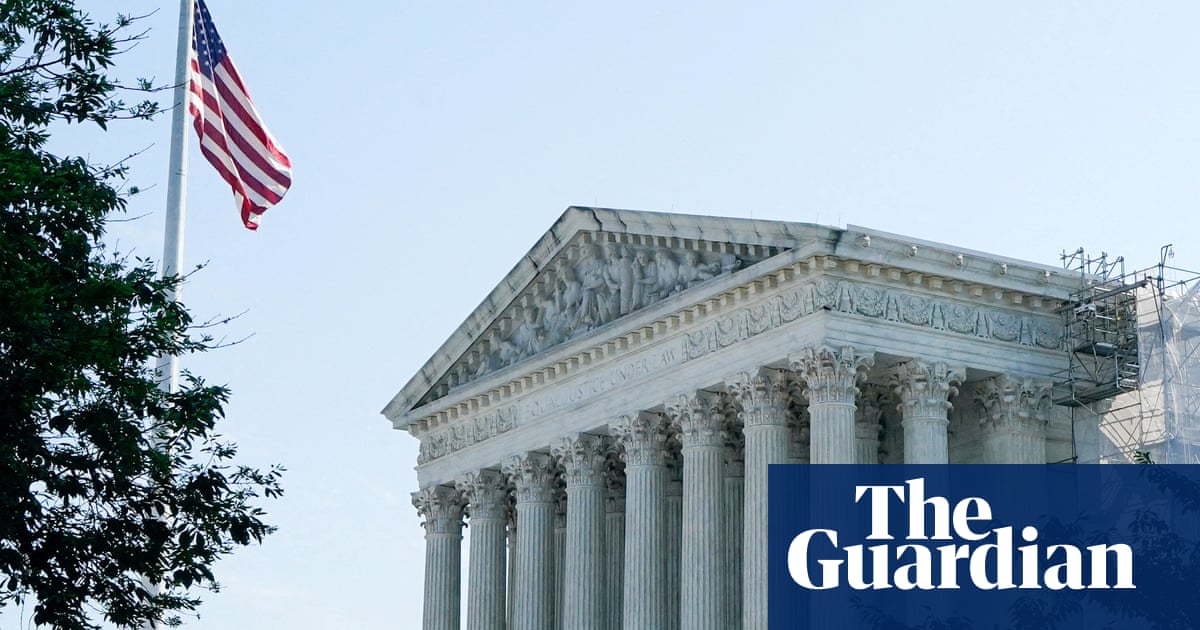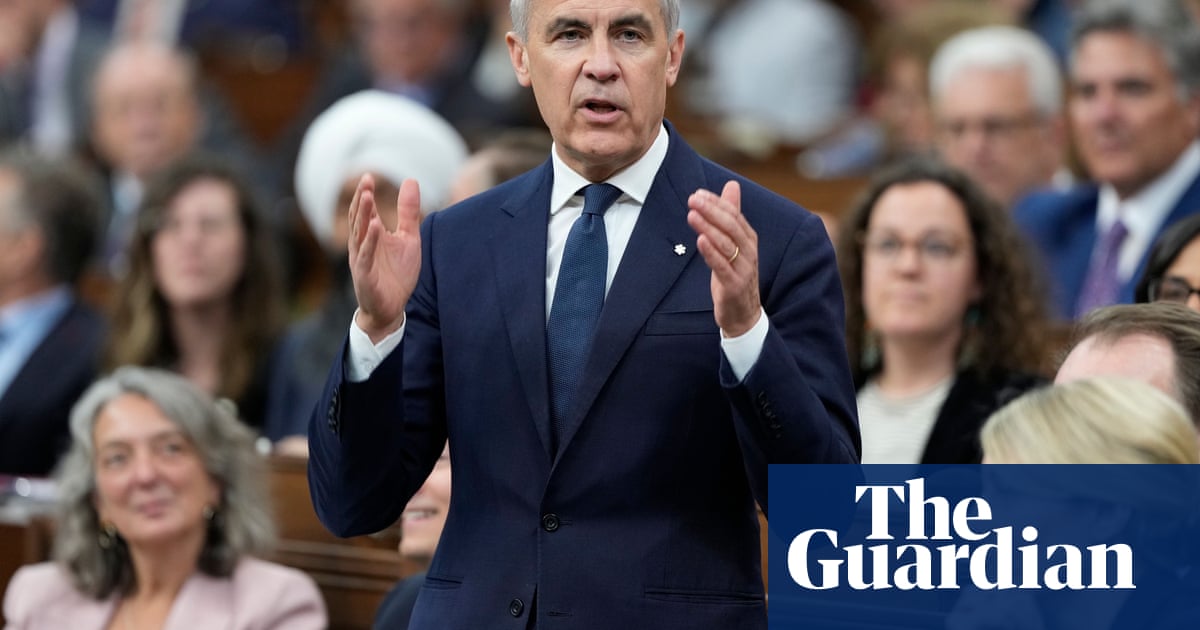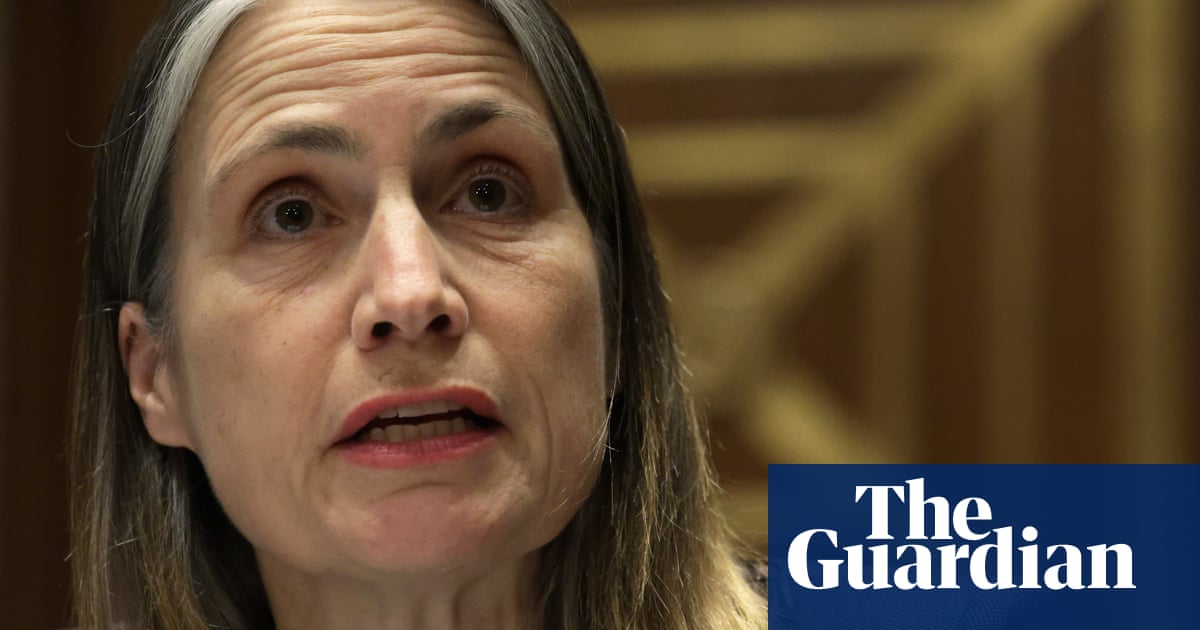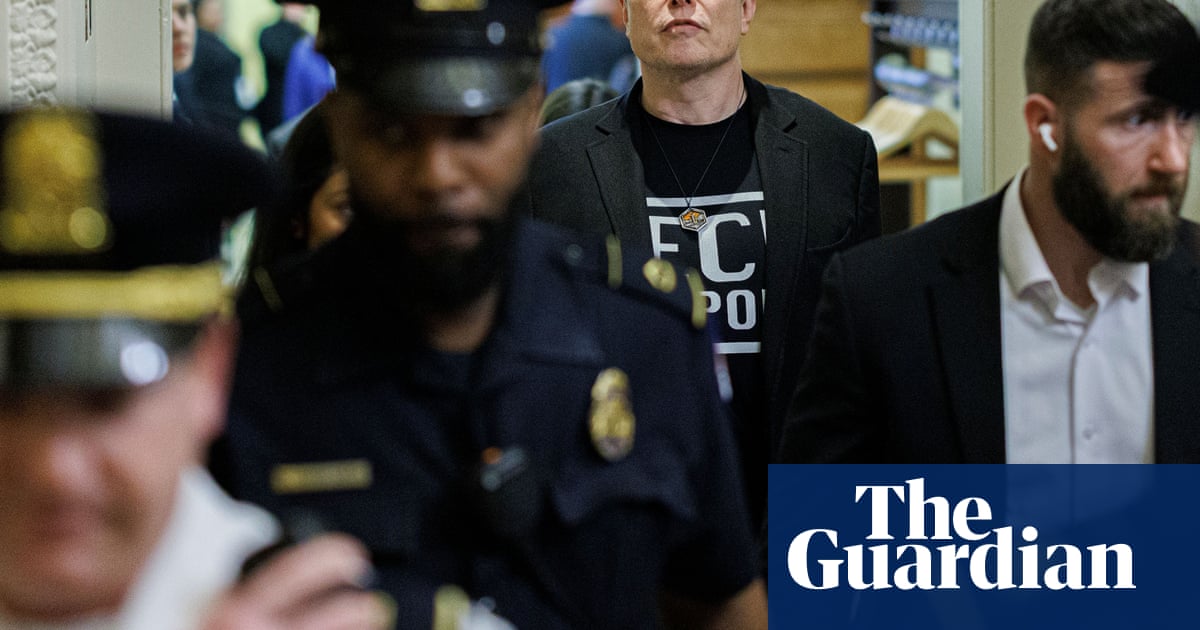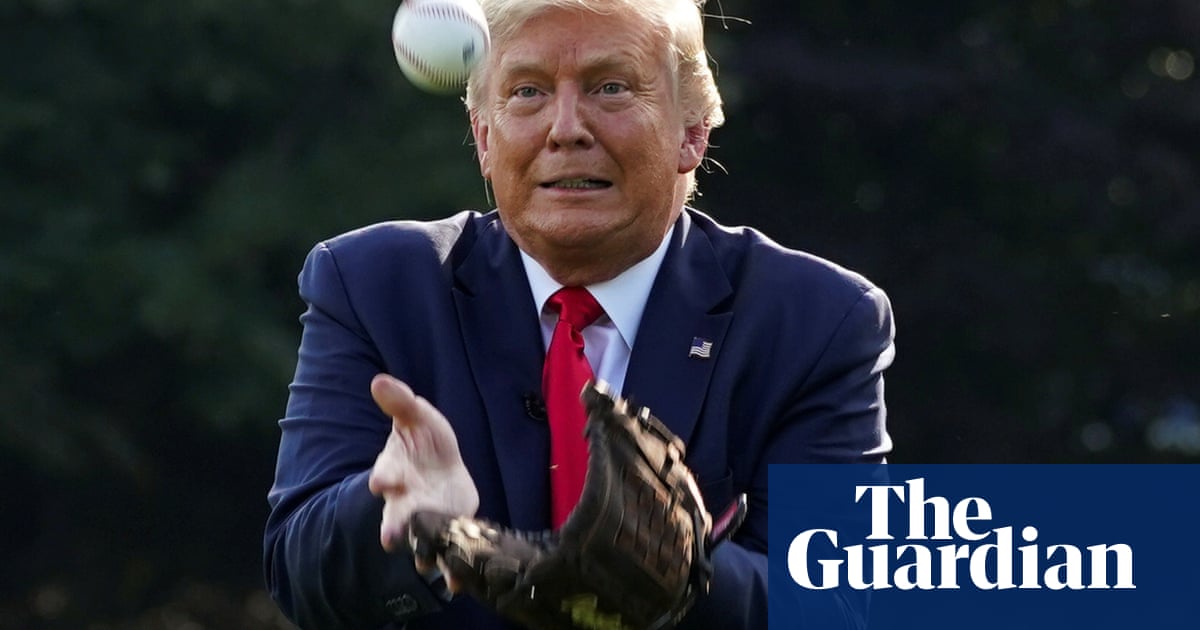Donald Trump’s attempts to slash incentives for electric cars would cause sales of the vehicles to plummet, with this effort cheered on by a seemingly confounding supporter – Elon Musk, the billionaire chief executive of Tesla and erstwhile champion for action on the climate crisis.
Trump has said that he “will revoke the electric vehicle mandate, saving our auto industry and keeping my sacred pledge to our great American auto workers”.
The US president, who previously suggested supporters of EVs “rot in hell” before somewhat tempering his rhetoric, has already ditched an aspirational goal for half of all car sales to be electric by the end of the decade, halted some funding for EV chargers and began reversing vehicle pollution standards that prod auto companies to shift away from gasoline models.
A key tax credit for Americans buying an EV, worth up to $7,500, is also a major target for elimination, although to overturn this Trump will require Republicans in Congress. Should he succeed, though, the impact would be significant, with a recent study finding that electric car sales could fall by 27% without the incentive.
“Turning off the credits would affect a meaningful share of the EV market,” said Joseph Shapiro, a University of California, Berkeley, economist and co-author of the study, who added that while a growing number of people would still go electric, the total number of cars sold would shrink by more than 300,000 a year than if the incentives stayed in place.
“You could say that it would be a speed bump in the road but if the US goes all electric in 2090 rather than 2050, say, that matters a lot for the planet,” he said. “A lot of carbon would be emitted in that time.”
Trump’s agenda has been enthusiastically backed by Musk, despite the world’s richest person heading Tesla, the market-leading EV company that also relies upon some parts made in China that may be targeted by tariffs imposed by Trump.
Musk has said, though, that removal of EV subsidies will hurt rivals such as Ford and General Motors more than Tesla. “Take away the subsidies,” Musk wrote on X, another of his companies, in July. “It will only help Tesla.”
There is some logic to this, Shapiro said. Tesla is comfortably the largest EV brand in the US, accounting for nearly half of all sales, and makes more profit per car than its rivals, meaning the removal of incentives would be disproportionately felt by other manufacturers.
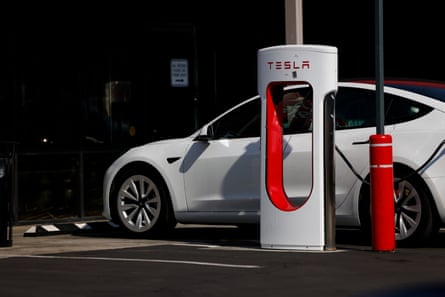
“If the tax credit is removed Tesla could survive and have less competition, they have more headroom to withstand a decrease in the market size,” Shapiro said. Stock in Tesla surged following Trump’s election win.
However, Tesla will still be affected. Weakening federal pollution rules, for example, could see a reduction in the amount of carbon credits Tesla sells to other car companies – amounting to $2.7bn just last year – to offset their emissions and avoid fines. Tesla’s sales dipped slightly for the first time in 2024, amid concern among some of its traditionally liberal customer base about Musk’s rightward political turn.
“Tesla isn’t immune to sales being impacted, they have some brand loyalty although we don’t know what the impact Elon Musk has had on polarizing consumers yet, that’s still a bit of an unknown,” said Stephanie Valdez Streaty, director of industry insights at Cox Automotive, which estimates EVs will have a 10% share of US car sales this year, up from 8% in 2024.
Regardless, Musk’s focus has now seemingly shifted away from EVs to other areas such as robotics, artificial intelligence and his SpaceX venture, Valdez Streaty said. He has also embraced rightwing fixations shared by Trump. In a speech after the president was inaugurated, Musk made no mention of cars but said that the “future of civilization is assured” with “safe cities, secure borders, sensible spending, basic stuff”.
He added: “We’re going to take Doge to Mars,” in reference to the “department of government efficiency” he heads in an effort to curb spending. “Can you imagine how awesome it will be to have American astronauts plant the flag on another planet for the first time? Bam. Bam. Yeah. How inspiring would that be?”
Concern over the climate crisis is seemingly no longer one of Musk’s priorities, despite previously saying he is “super pro-climate” and in 2016 calling for a “popular uprising” against the fossil fuel industry because the world was “unavoidably headed toward some level of harm and the sooner we can take action, the less harm will result”.
When Trump removed the US from the Paris climate agreement in 2017, Musk said he was quitting a presidential advisory body in protest. “Climate change is real,” he tweeted at the time. “Leaving Paris is not good for America or the world.”
But Musk has had little to say after Trump, who memorably called climate change “a giant hoax”, once again pulled the US from the Paris deal and issued a flurry of orders to ramp up oil and gas drilling and stymie renewable energy production. In January, Musk said: “Climate change risk is real, just much slower than alarmists claim.”
Critics say it is unlikely Musk will reflect the growing alarm voiced by scientists, and the American public, over the impacts of dangerous global heating within the Trump administration.
“It just shows he’s an opportunist, really,” said Paul Bledsoe, who was a climate adviser to Bill Clinton’s White House. “He now downplays the dangers of climate change, but I think in the back of his mind he’s thinking about using government contracts for geoengineering as the costs of climate change become so undeniably expensive.”
Those who know Musk say that he soured on Democrats in part after not being invited to a major summit on electric cars held by the White House in 2021, after Joe Biden became president.
“That was an unforced error by Biden,” said Robert Zubrin, a leading advocate for human exploration of Mars who said he helped introduce Musk to the idea of Martian expansion. “And in the past two years, Elon Musk has redefined himself from the white knight of environmentalists to a Bond villain.”
Zubrin said that Musk’s “central motivation is the desire for eternal glory for doing great deeds. He wants to save civilization because he wants to be famous for saving civilization.
“This desire for eternal glory for doing great deeds has motivated his primary accomplishments, Tesla and SpaceX,” he added. “But it also has a dark side to it, and this has been exploited.”
Tesla was contacted about its stance towards the EV tax credits but did not respond.

 3 months ago
70
3 months ago
70
